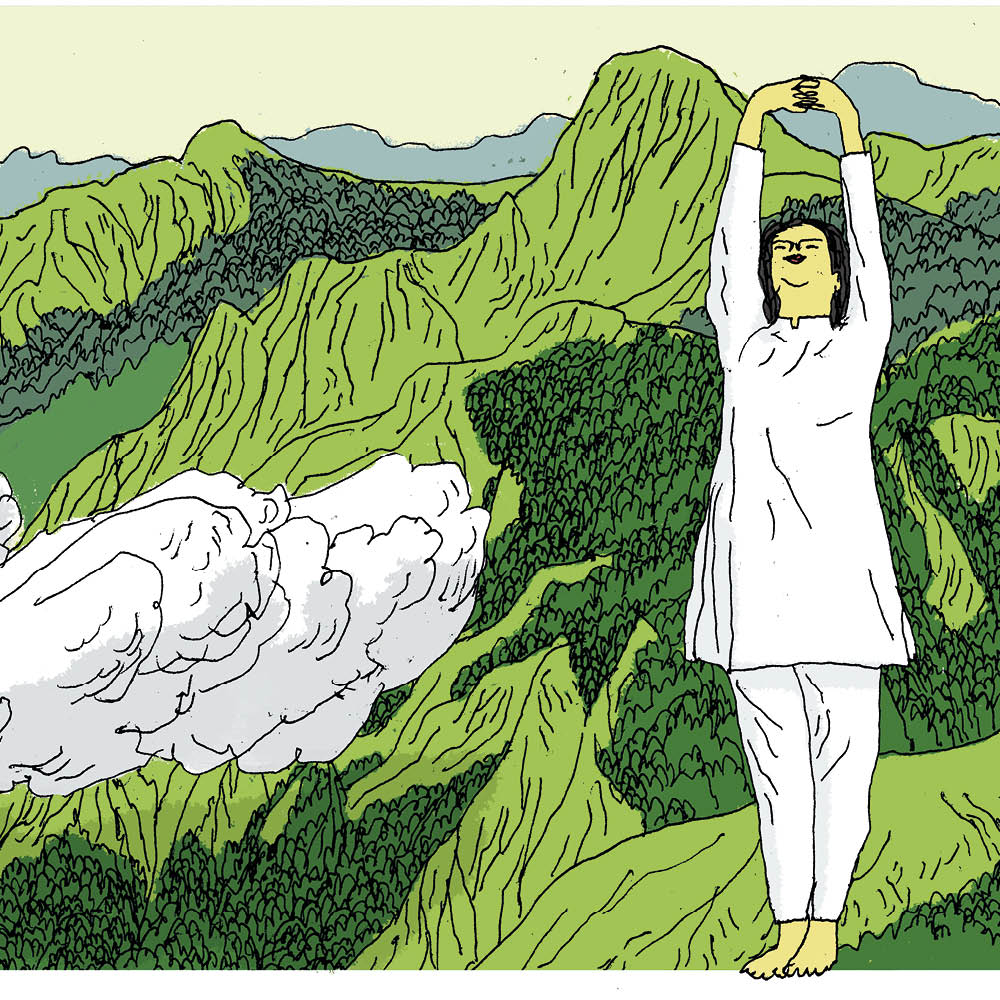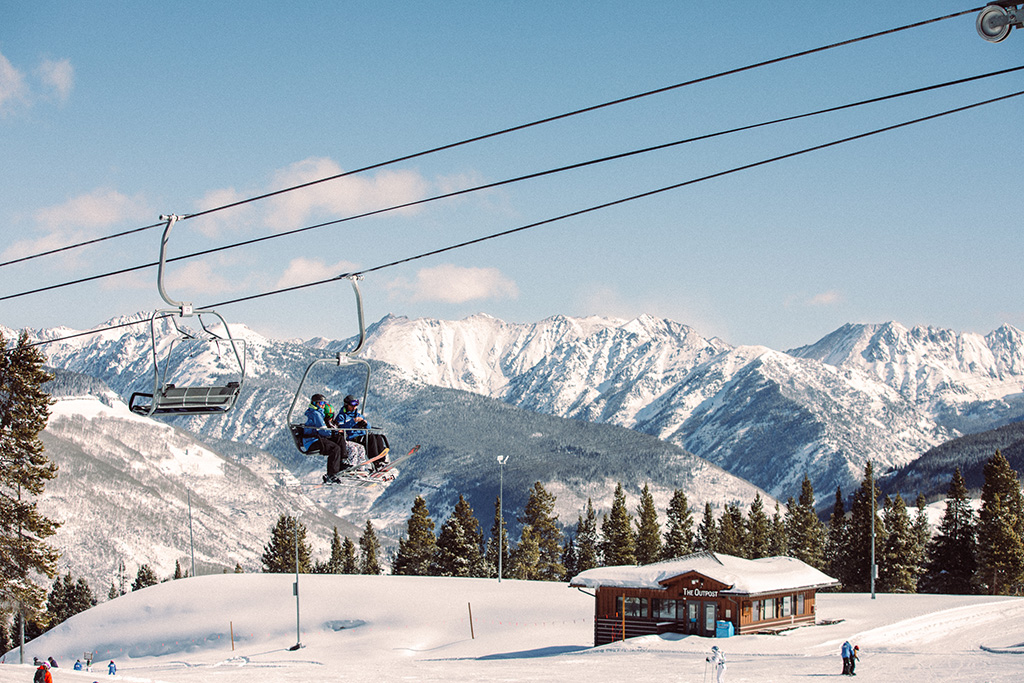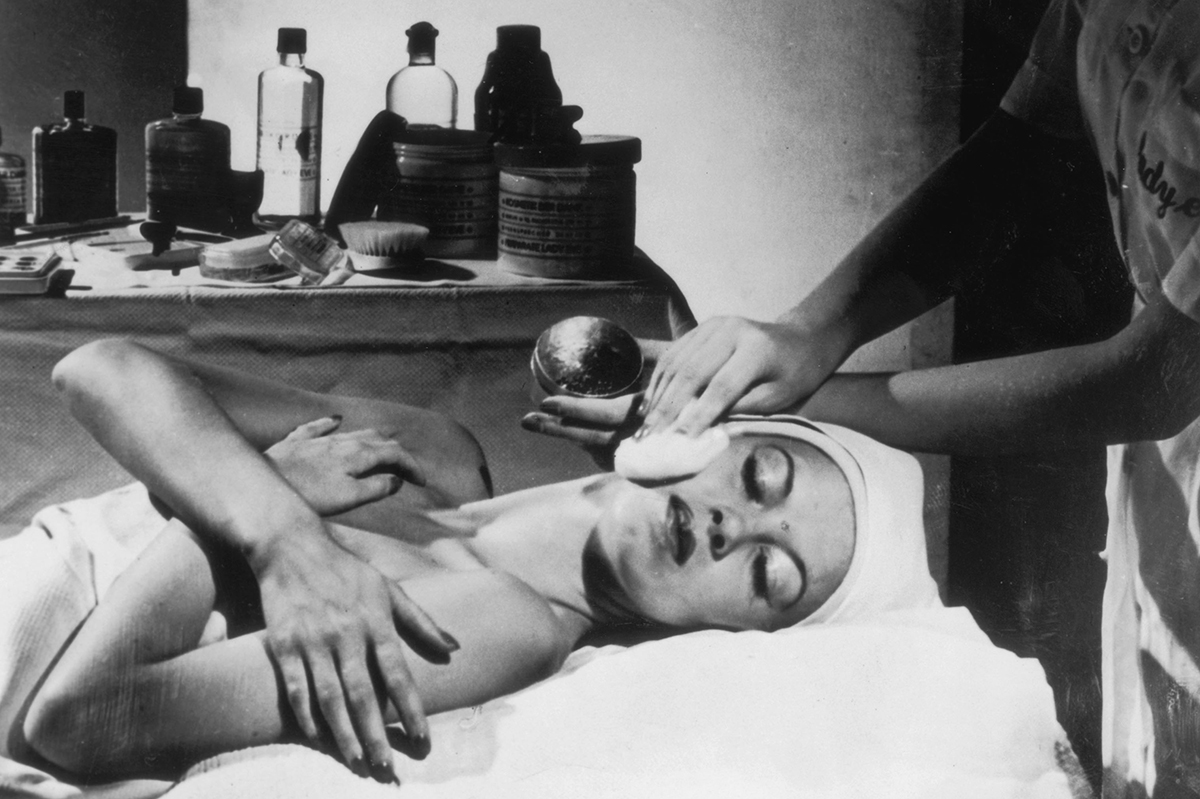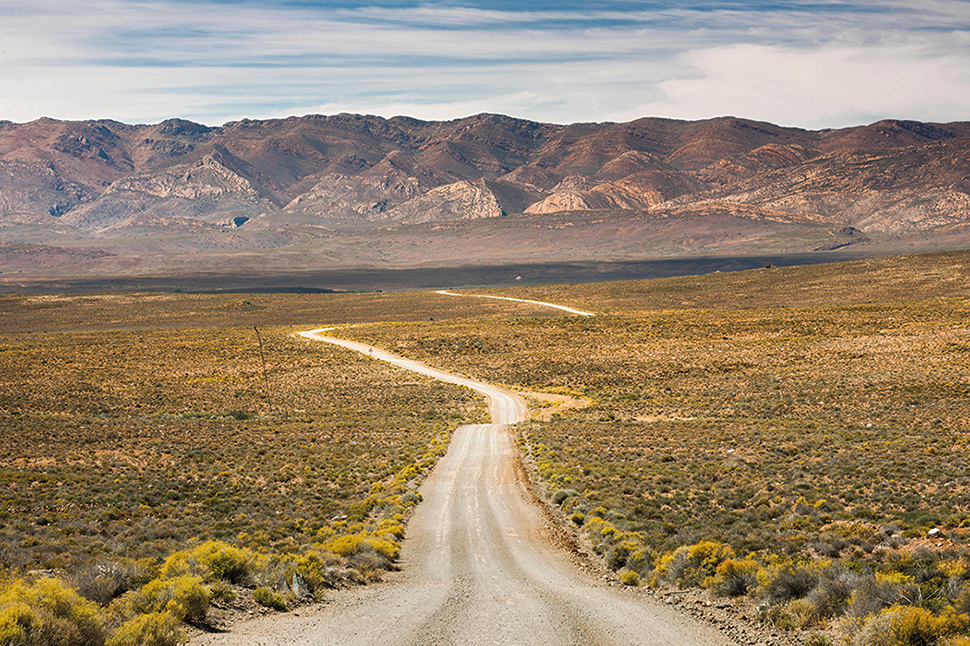“Is that the one where they put a tube… up?” I asked, gesturing to the ceiling.
“Yes, ma’am,” Dr. Arun nodded.
It wasn’t the unplug I’d had in mind. Sitting in a doctor’s office in the middle of a forest near the western coast of India, clad from head to toe in white cotton, I was feeling vulnerable.
Dharana Wellness Retreat had appeared the perfect place for me to attempt a true digital detox. If I couldn’t close my laptop in the famously spiritual mountains of the Western Ghats, there was surely no hope for me. A friend and I had flown in fresh from a boozy work event in North Goa, where unbeknown to me, my body had apparently celebrated a milestone birthday.
A morning of various Dharana practitioners examining my weight, height, lifestyle, genealogy, body fat, health history, sleep hygiene and exercise habits had, it turned out, determined my body’s metabolic age to be forty. Having made only thirty-four trips around the sun, I was shocked. I hadn’t quite bargained for how thorough the resort’s approach to assessing my longevity would be, nor whether I really wanted to know how many years I had left on the clock. Somehow I’d focused on photos of swimming pools, sunsets and massage tables, and blocked out the lengthy health “LifeScience” questionnaire I’d answered weeks prior.
Along with my mortality, I was confronted with an impeccably detailed program of meditation, yoga, light hikes and sound baths. All just as I’d asked for, before three days (OK, OK, weeks) of intensive work travel, cheap cigarettes and dancing on the beach. These people were serious about my healing, even if I wasn’t. I might actually leave rested.
“Let us take care of you,” said Richa Agnihotri, Dharana’s guest relation manager. My friend Bel and I would have every decision, every responsibility revoked. Our feet washed and massaged upon entry, we were issued kurtas and tapered trousers to wear for the duration of our stay, plus matching white tote bags for anything we’d need to carry. Even walking from our beautiful open-plan pool villa to the resort’s main building for lunch (I use that term lightly) wasn’t encouraged. A kind porter in a golf buggy waited patiently outside whichever building we might be in, ready to drive us to every appointment on our packed relaxation itinerary.
“Oh, don’t worry, we can walk,” I pushed back.
My recovery could be swift if I stopped resisting, I was gently scolded. I would need to trust them (particularly on my new diet recommendations — I struggled with the logic in eliminating ginger, garlic and tomatoes). My body, I was told, was not absorbing enough zinc, due to a mental blockage connected to my gut. Regular meditation, basketball, karate and perturbingly, a colon rinse were deemed necessary for me to do a Benjamin Button. After Bel shared that her body’s age was a perfect thirty-two, I agreed to Dr. Arun’s recommendations. All of them.
For the third time in my life, my doshas were assessed in the name of journalism. According to Ayurvedic practice, we each possess three: vata (wind and air), pitta (fire and water) and kapha (earth and water). For the third time in my life, my pitta appeared overwhelmingly dominant. I had a good appetite (read: too good) and high energy, but frequent anxiety. Treatment would restore balance, through rest and herbal massage (now, I was listening). People with serious ailments head to India for intensive panchakarma detox regimes and the medicinal plants that grow in the dry climate. Pores steamed open, dusty air escaped, you might opt for bloodletting or leech therapy. Bel and I chose the softer option: no coffee, no booze, no news and no shoes.
We pootled to our impressive digs through rice fields and bamboo plantations, majestic peaks rising in the distance. The sound of cicadas and birdsong filled the air, signaling just two of some 325 globally threatened species found in this otherworldly spot. Throwing open huge sliding doors, Bel let the outside in, and almost a monkey, too. A magical first evening was spent watching a family of them swing from the trees in our verdant private garden, arguably eating more than we would for the next week. Optimistic past versions of us both had chosen to follow Dharana’s meticulous weight loss program, cutting our calories to around 1,000 per day. By day two I was skipping early morning meditation and Iyengar yoga in favor of sleep, while Bel persisted (go figure).
From cooking school to pottery classes, plus a sophisticated family wellness program, countless activities keep guests like me off their devices. Locking our screens in the safe, we signed up for a stunning lakeview hike through the retreat’s mango farm, a thrum of tiny birds startling us as we began our ascent. We breathed in fragrant notes, while our guide Pralhad pointed out a wild boar’s den (“zig zag if one runs at you”) and Indian gooseberries, a natural remedy for high cholesterol. We learned that wild plum makes great anti-dandruff shampoo, and that India’s endemic karvy plant blooms every seven years.
“The hero of the Western Ghats! Karvy holds the soil very tightly. No landslides!”
Great news for the 40,000 trees Dharana has planted, their focus on regeneration and conservation. “We built water bodies so the animals can come to drink. Leopards are increasing, which is good. The endangered Malabar squirrel and hornbills have returned, and we have four types of deer.”
The team wants to get kids off their phones, too. “We run on 80 percent solar power. Our Green Squad program lets children learn about sustainability and become advocates of the Western Ghats.”
Reaching our hike’s summit, we side-stepped downhill like the mountain crabs visitors catch with their bare hands during monsoon season. “Sweet and tasty. This much huge!” Pralhad smiled, hands wide. I wondered if we could eat the termites we saw on the way home, full of protein.
“These are lemons we can squeeze, but can’t eat,” the guide said, crushing lemon verbena between his fingers. Soon I found I shouldn’t eat the fruit, either, my food sensitivity test results declaring fructose syrup, citrus and bizarrely, catfish, off the menu for life. The next day, I’d veto food entirely.
My alarm sounded at 6 a.m. Unscrewing the pungent flask of peat juice I’d placed next to my bed, it was time to prepare my body for its next adventure, consuming nothing but liquid before the unplug I didn’t know I’d come for. An hour later, the doorbell rang, our driver proffering a glass of watermelon juice in plastic wrap. At 9 a.m., another. As the day wore on, I lost count, at one point elated to swap to clear broth.
Since Bel was following a different routine, mealtimes were challenging. As she tucked into a small vegetable curry, I hoped my diary would distract me from the empty space where my plate of cubed beet and apple should have been. “‘Ayu’ means “life,” and ‘Veda’ means “’knowledge,’” I scribbled. I resolved to fully embrace this little study of the science of life. Then I caught myself in the mirror at the kombucha stand, entertaining myself by mixing flavors like a naughty five-year-old. The initial urge to rebel was strong; I cursed myself for not packing any snacks. Even on solid food, Bel was struggling. I caught her salivating over lamb chops via our television, where she’d found the menu for Terrazzo, the neighboring restaurant. There, guests who hadn’t signed up to a holistic program were gorging on carbs and caffeine.
“I met a lady earlier who escaped. She had a cappuccino,” Bel whispered conspiratorially. “She owned up to Richa… but she already knew! Eyes and ears everywhere!”
And it really felt that way. After we talked about how much we’d love to try sandalwood incense, a pack appeared in our room, in pretty wrapping. I told our driver I was flying to Tokyo from Mumbai, joking that my body’s age might decrease there, where “blue zones” like Okinawa see people live into their hundreds. The next night, a book detailing the concept of “ikigai,” the Japanese key to longevity, appeared on our bed.
Symbiotic moments like this are commonplace at Dharana, and steadily, we got into the rhythm. It’s certainly hard to feel stressed when your day’s only commitment is to a long, spoiling body scrub and massage (on very busy days, two). Sitting in a steam bath naked, with a towel on my head, began to seem normal. Unable to remove the massage oil from my hair, I stopped caring about what it looked like. I wafted around the forest in veritable pajamas as if I’d always done it. Come 8 p.m., my eyes would start to close involuntarily, no scrolling required to wind down.
What didn’t feel so natural was the tube eventually inserted you know where, but I’ll spare you the details. Unplugs fully complete, my body was reassessed. I’d gained one year back, now “aged” thirty-nine, and lost three pounds. Lifestyle tips going forward included skiing and avoiding Bikram yoga. I felt a new inclination to look after myself (and book a trip to Courchevel). Bel? She left younger than she’d arrived, the swine.
“Well, you skipped meditation! And we missed you at yoga. Keep practicing,” Dr. Arun reminded me. Eyes and ears everywhere, indeed.
Ayurveda would have it that the world is fundamentally balanced, with an order we can work to align ourselves with. We left Dharana before the sun rose, beating heavy traffic into Mumbai. Reaching Colaba, we pointed our driver to the first café we could find. “Breakfast? We only have muffins, or brownies with ice cream,” a smiley waiter said. We made sure to achieve balance that day, ordering two of each.
This article was originally published in The Spectator’s August 2024 World edition.























Leave a Reply